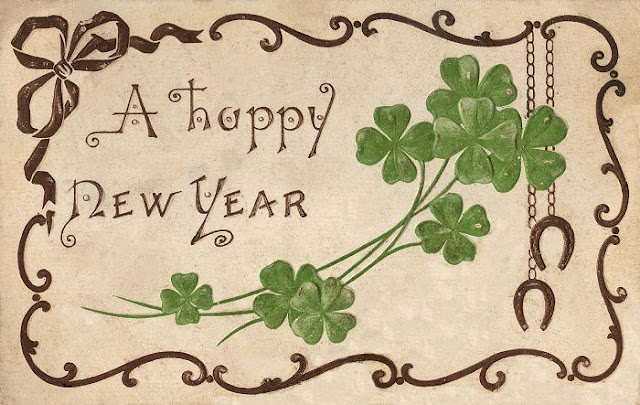Evening in America: 31 Years After the Challenger Explosion
January 28, 1986. We were out of school that day for snow. My best friend, Donna, and I were riding sleds off the strip mine across the road from my house. My mother came out onto the porch and hollered, telling us to come in "right now". She didn't say why but her words telegraphed over the frozen air to us that something bad had happened.

I had not wanted to miss school that day because we were scheduled to watch the launch. There had been a special station set up for schools to watch via NASA and it was always exciting when the massive television was wheeled into our classroom on its metal stand. This was a time when children were very interested in the space program and the space shuttles had made us even more interested. There were action
figures and model kits and toys dedicated to the space missions. We learned all about the astronauts in class. We were the children of the Cold War, still three years from the fall of the Berlin Wall, and there was national pride in the space race. Like many children, I worried a lot about the Russians and how they might drop the bomb on us someday with no notice. Somehow the space program assuaged those fears with Regan's "Star Wars" initiative to ward off nuclear missiles and such.
Inside, my mother had built a roaring fire in the fireplace. She had a talent for making fires. The heat surrounded us and I knew something was really wrong because my mother wasn't at our heels to make sure we didn't get mud and snow on the carpet. Instead she insisted we come on in without even taking off our shoes. She wasn't crying but her face was shaped by a new grief. She worked in the lunchroom at school, so she had been enjoying the snow day, too. She was still in her nightgown and housecoat and house shoes even though it was almost noon. My mother hardly ever arose without instantly dressing. From the living room I could hear Dan Rather, whom my father still didn't like because he wasn't Walter Cronkite. And then I knew it was something beyond our own lives. "That teacher," my mother said. "All of them." We watched the news a long while, the only time I remember being parked in front of the news like that. They replayed the explosion, the reactions of the crowd, the stories of each of the astronauts, especially Christa McAuliffe. We had been watching her especially close because she was a school teacher, a civilian who was going into space. In the weeks leading up to the launch we had been well-versed in her story through our study of The Weekly Reader, a favorite part of school for any member of Generation X. It was Morning in America and we were proud of it.

My father, who worked third shift at the local fiberglass factory (which would explode seventeen
years later, killing seven people), got up earlier than usual and watched, too, in silence. We sat there far into the evening, until President Reagan came on and gave his speech. He was supposed to give The State of the Union address that night but instead spoke to the country that was united in grief. Despite what anyone might think of Reagan now, there's no denying the real emotion he felt that night, and his beautifully delivered words were a balm (written by Peggy Noonan, using parts of a poem from John Magee): "We will never forget them, nor the last time we saw them, this morning, as they prepared for their journey and waved goodbye and 'slipped the surly bonds of Earth' to 'touch the face of God.'"
I asked if I could go for a walk. By this time it was full dark and the whole world seemed stilled and frozen. There was no sound except the distant and insistent barking of a dog. Our road was completely covered in an inch of ice, then several inches of snow. All the houses held windows glowing an eerie blue from the televisions inside. I looked up at the sky, pocked by hundreds of stars. I was thirteen years old but in my memory I felt much younger. I recall it as the first time I ever felt part of a national tragedy, a story the whole world was watching. Back then I thought that was the worst thing that could ever happen to us as a country. I've thought back on it during other dark days in our history since, obviously on September 11, but on other days when we didn't feel as united in our griefs. For my generation, it's the first moment we can all look back on and tell you where we were when it happened, the way my parents's generation can tell you where they were when Kennedy was assassinated, or the way my daughters' generation already speak with nostalgia about 9/11. For me, it's also one of the first times I realized the power of language, the impact that words can have.



Comments